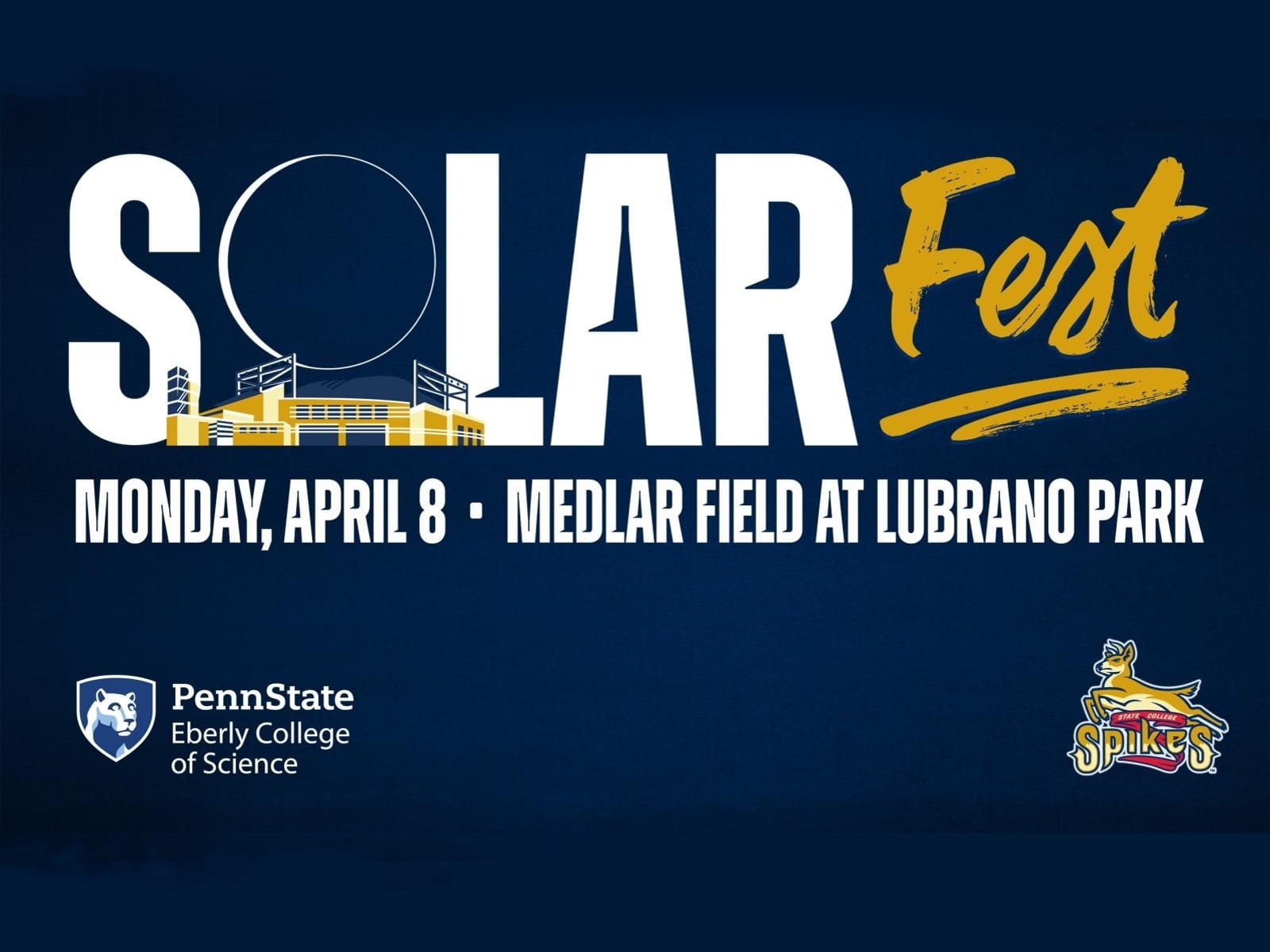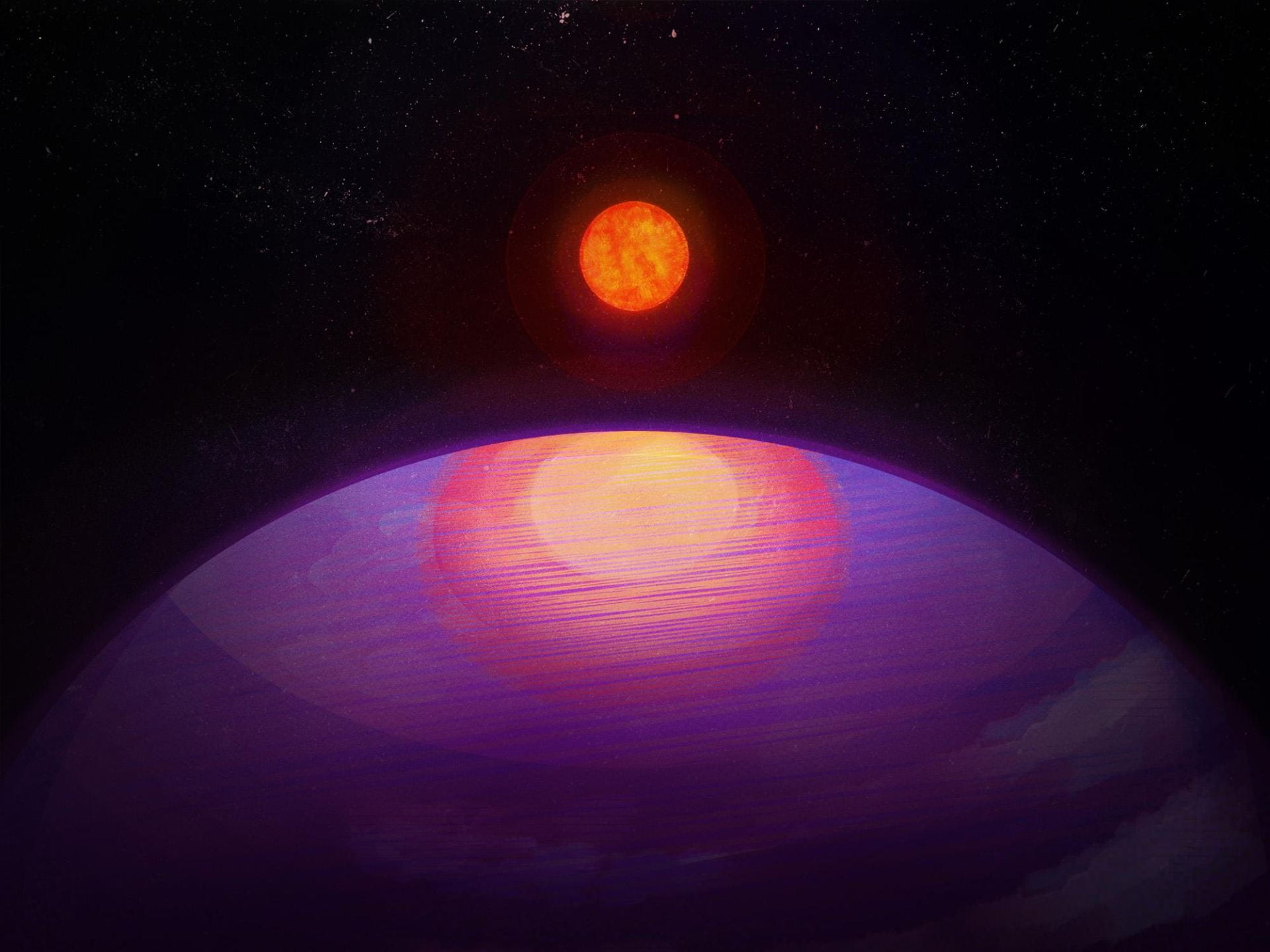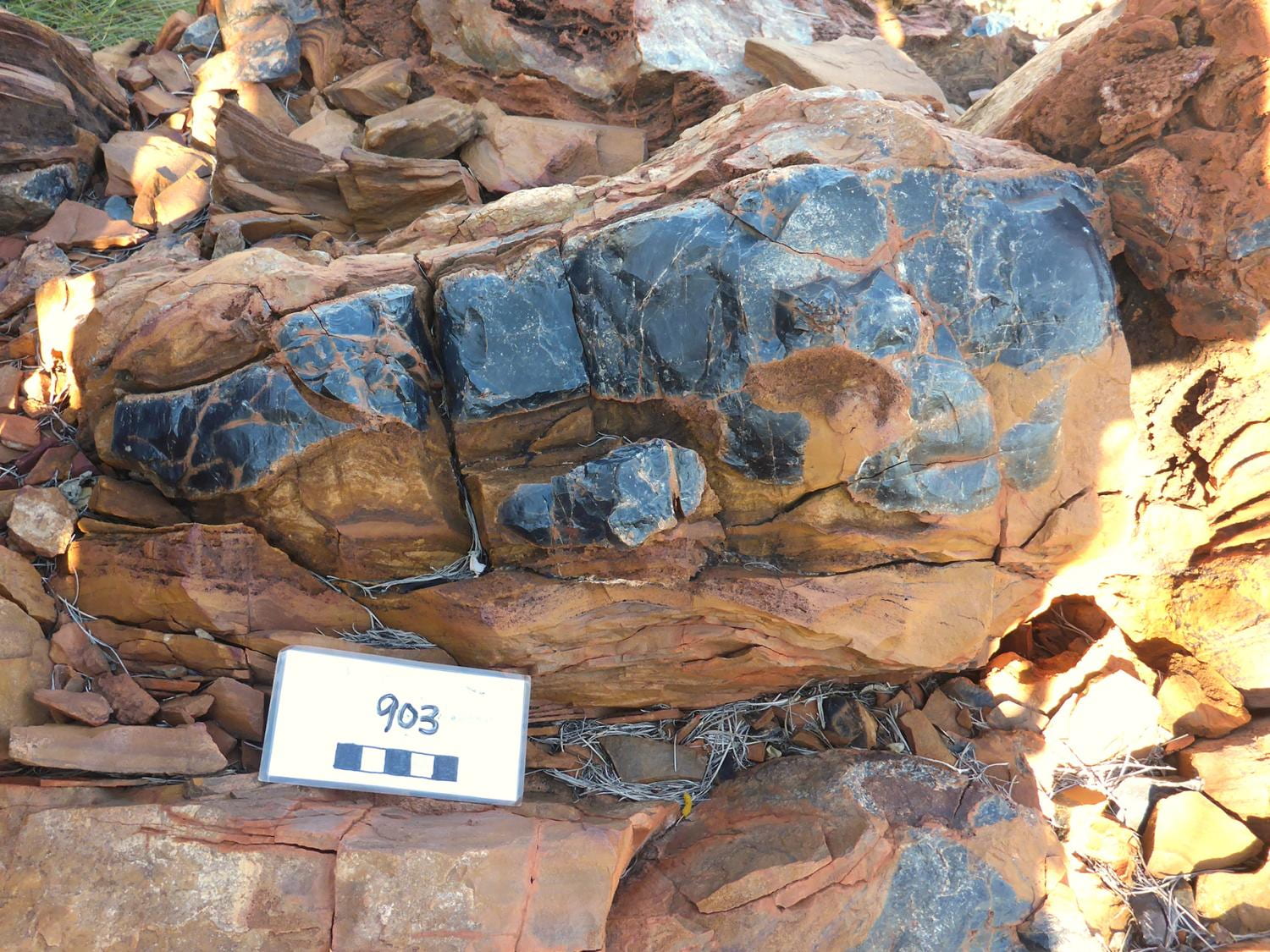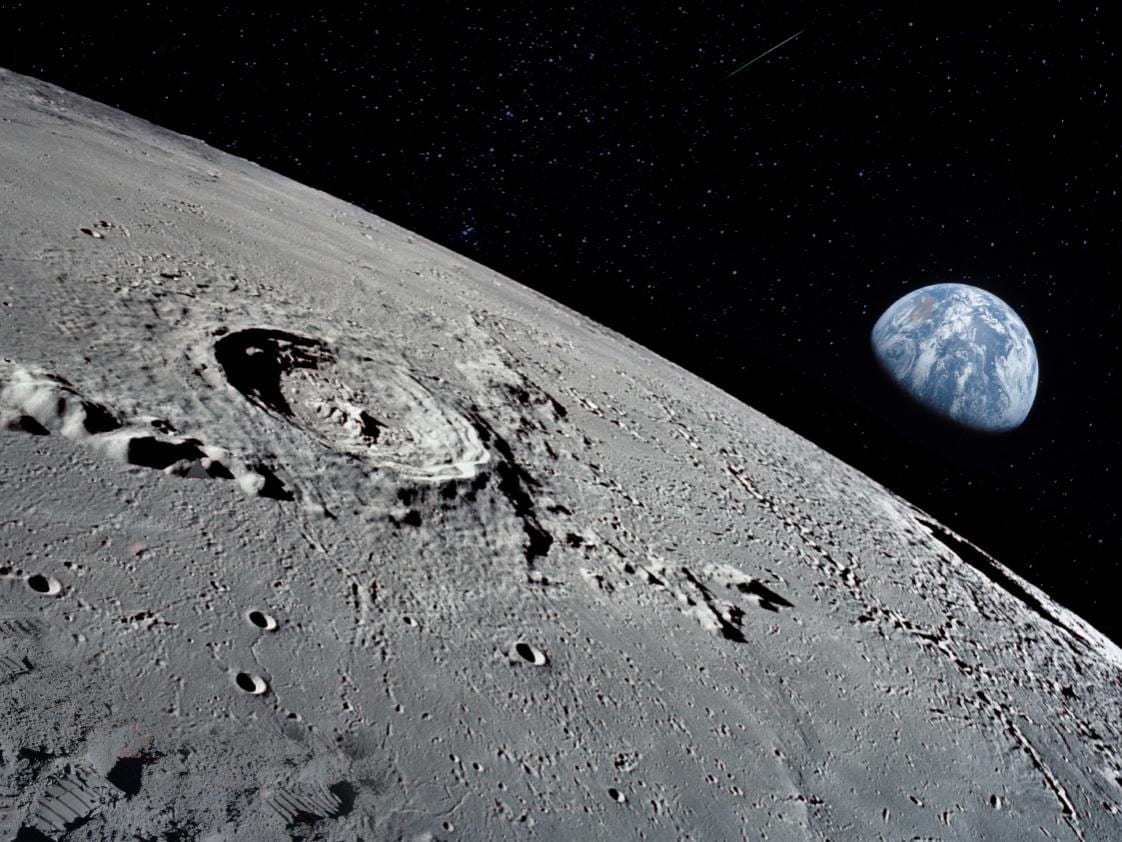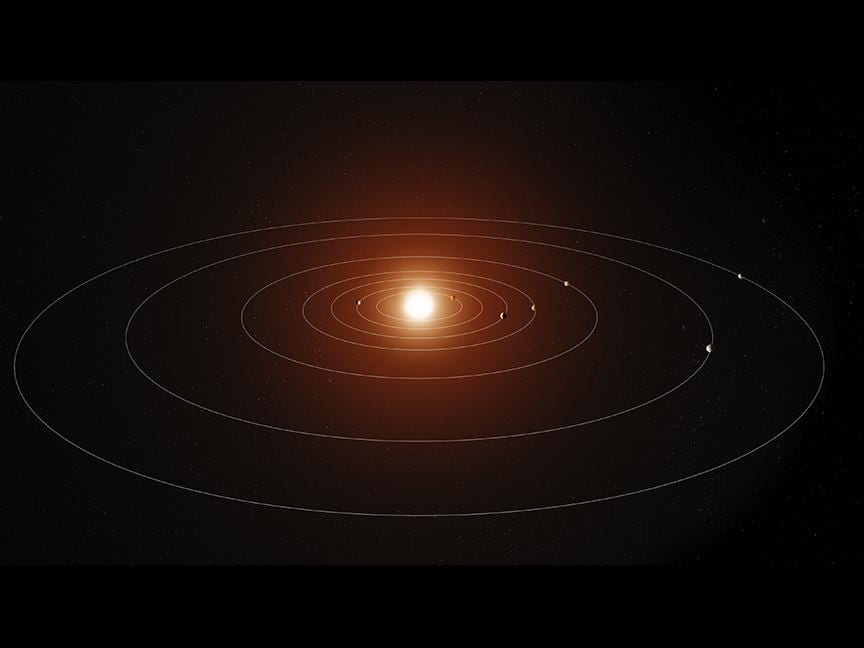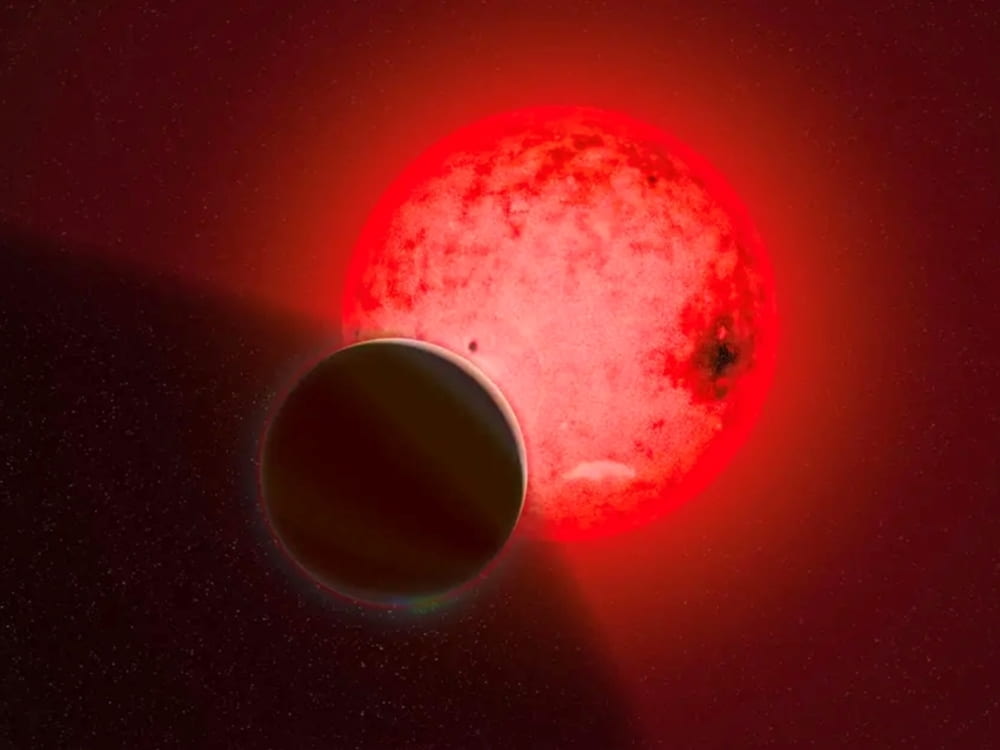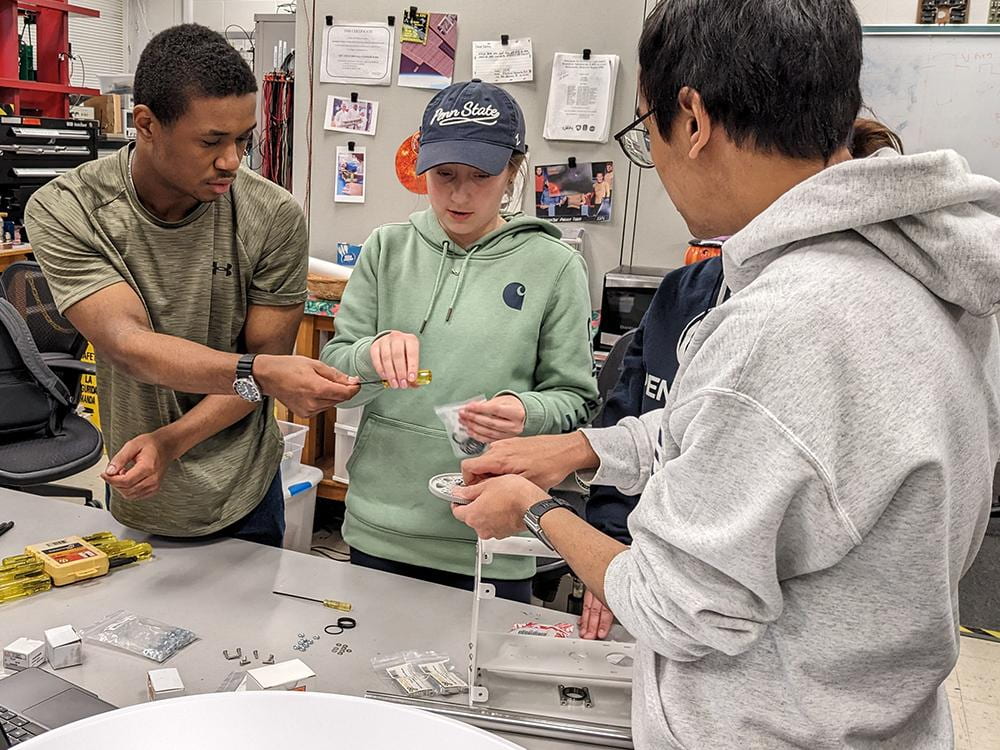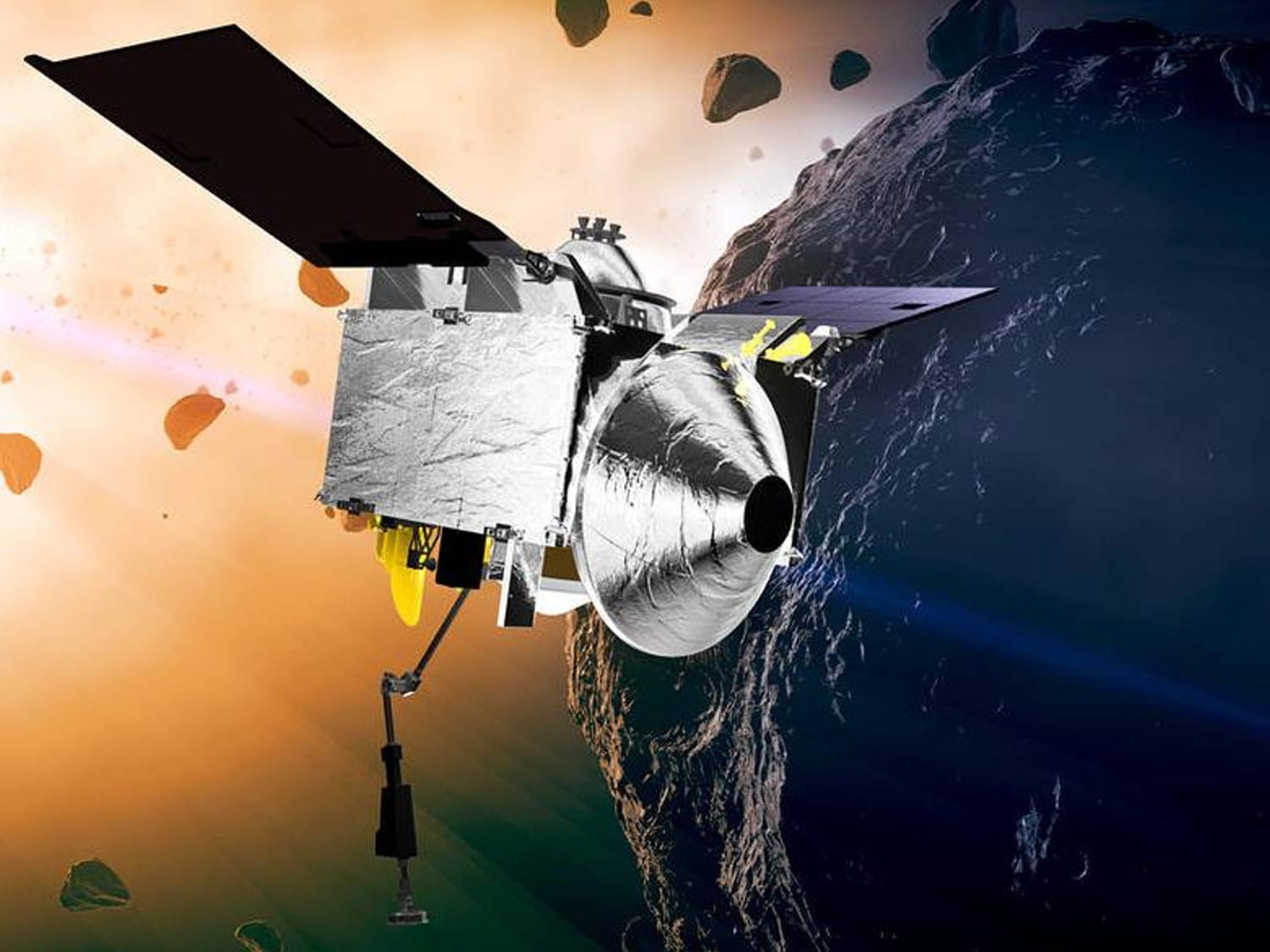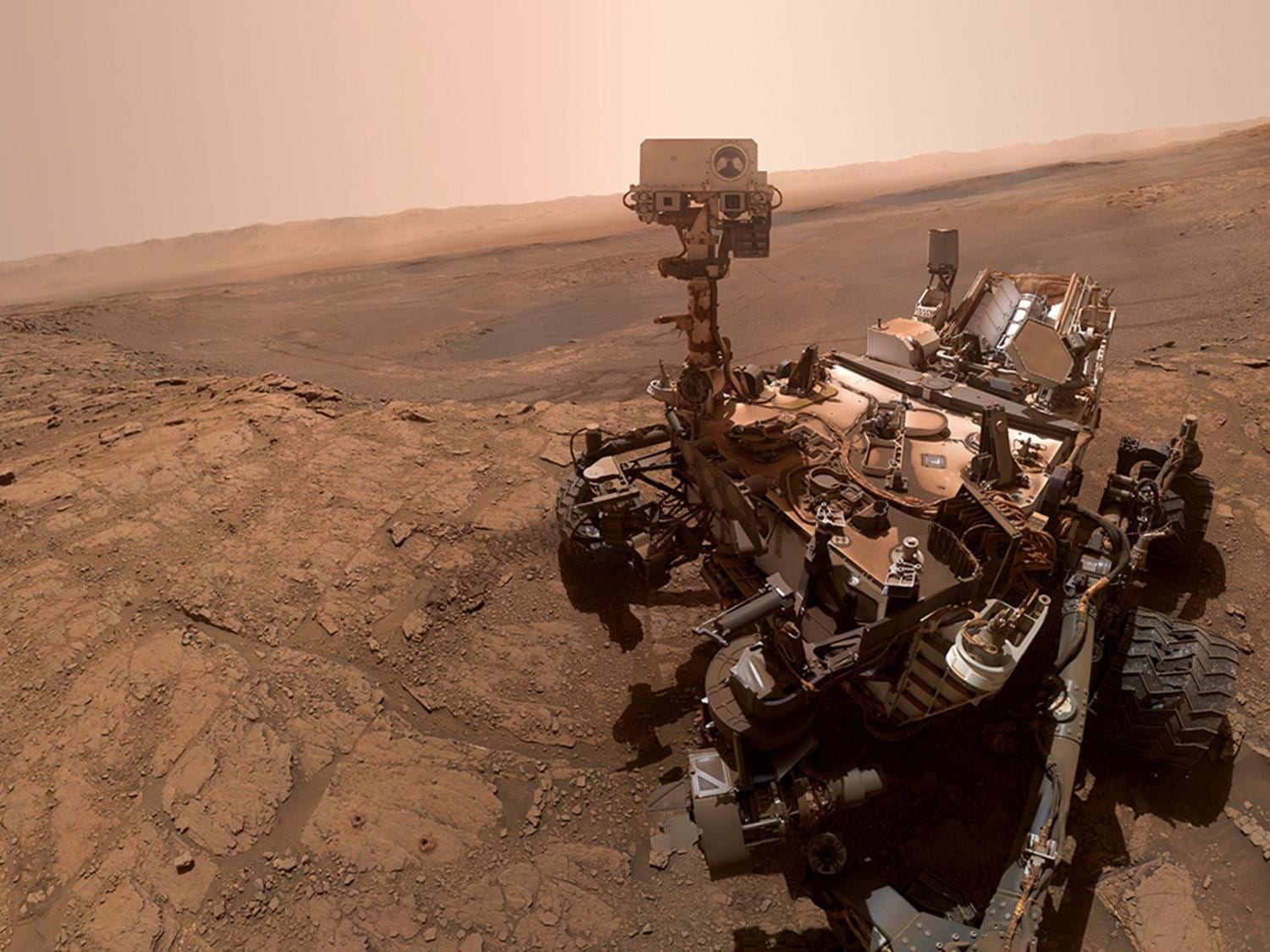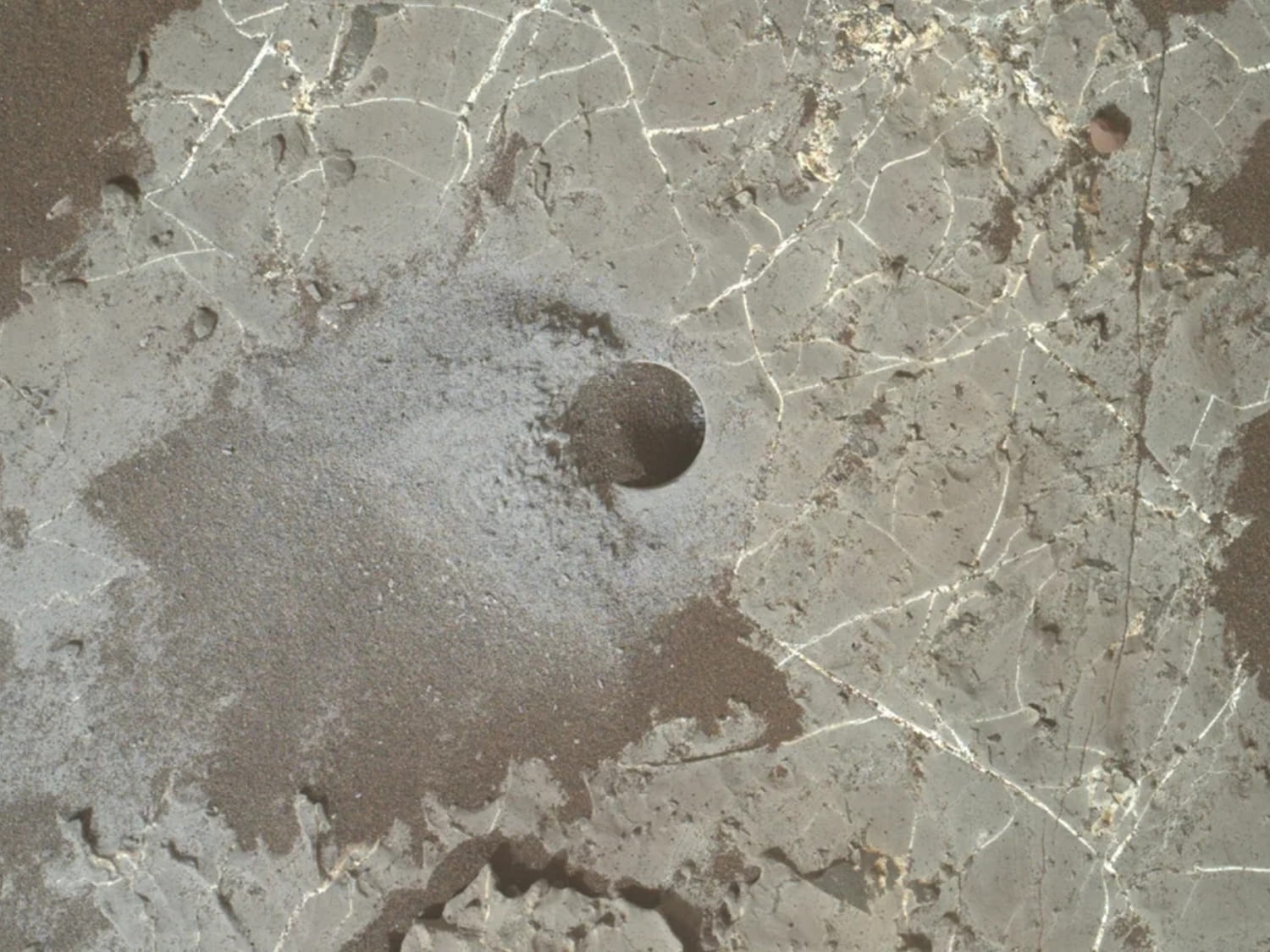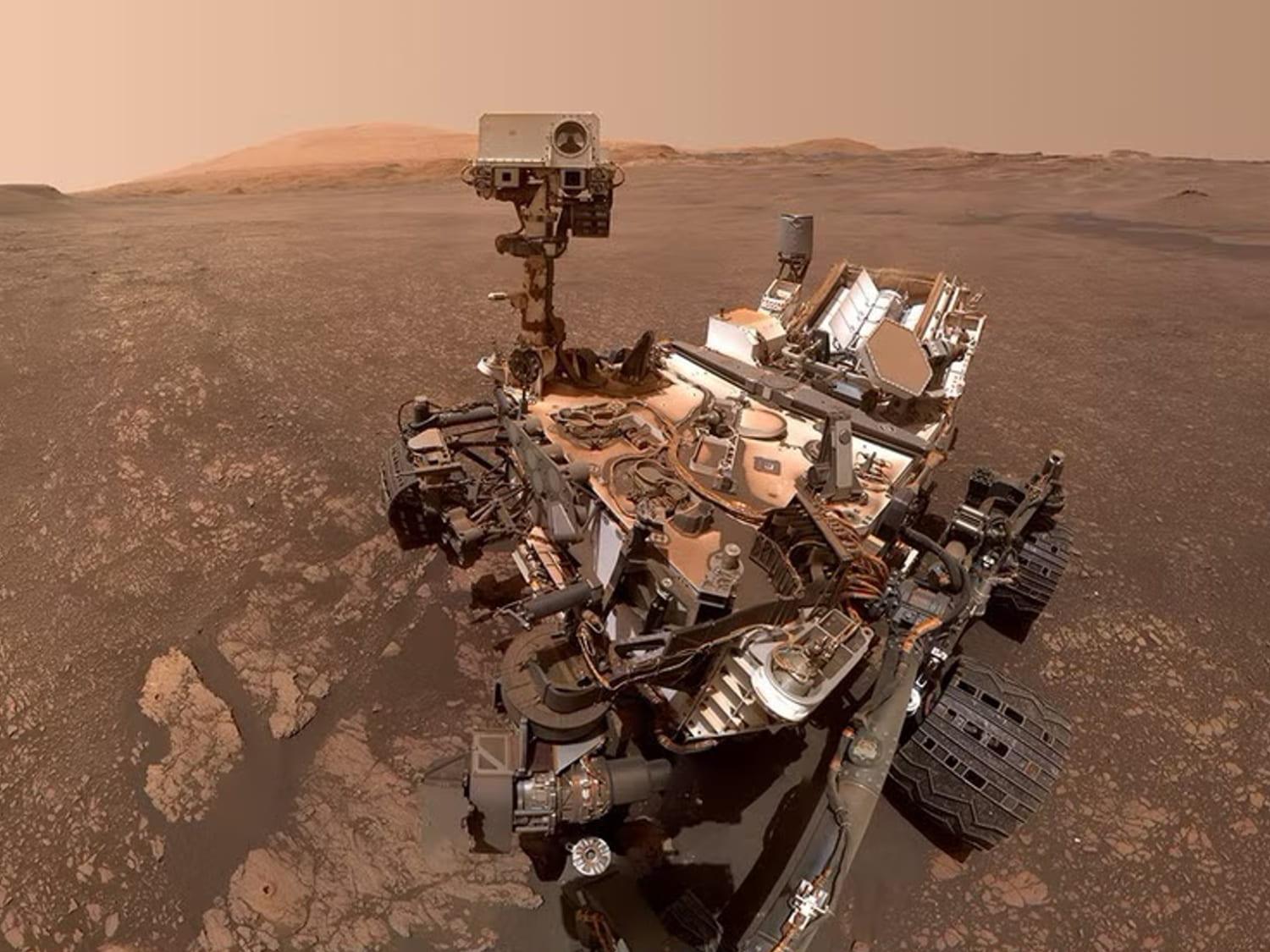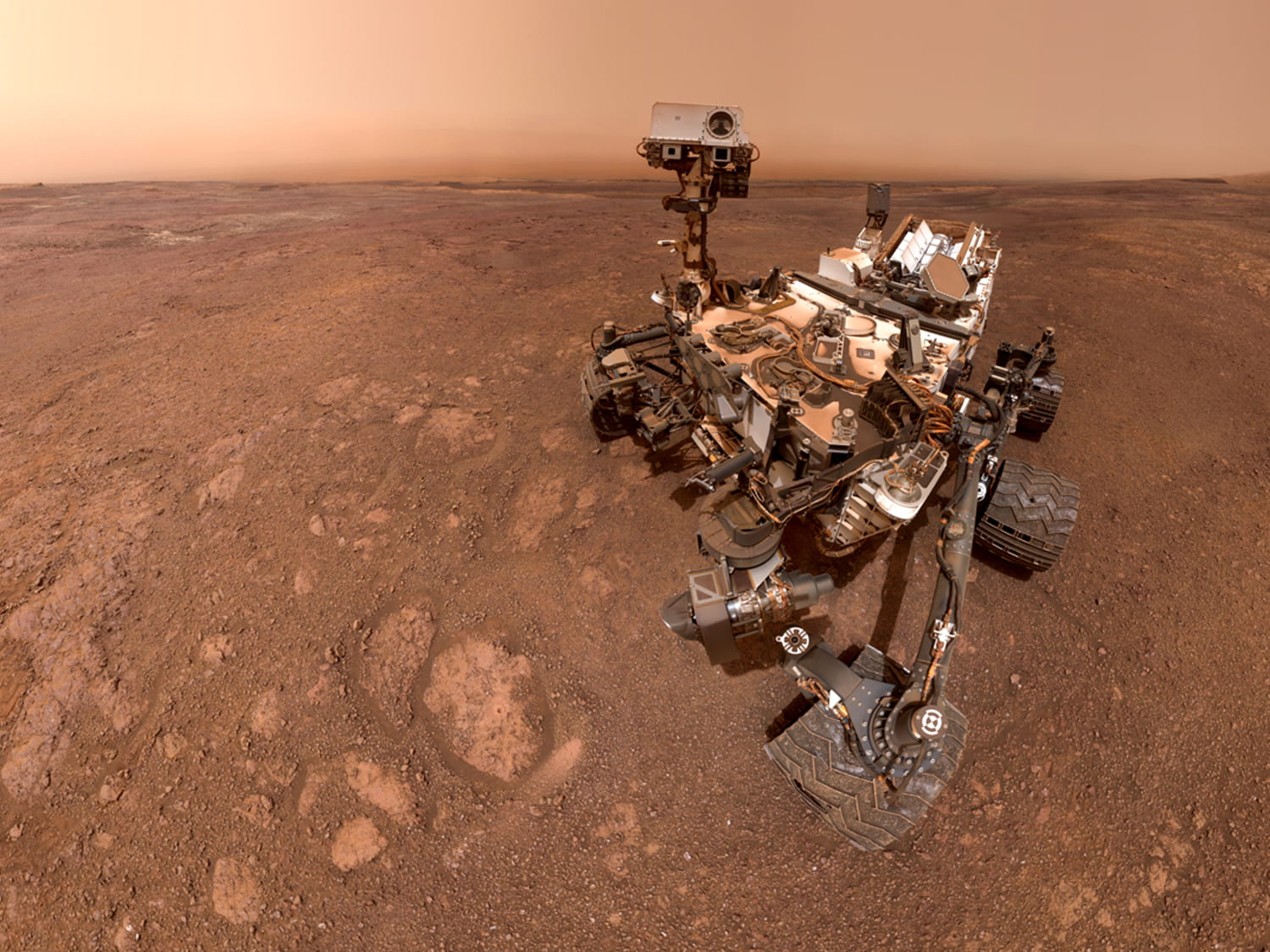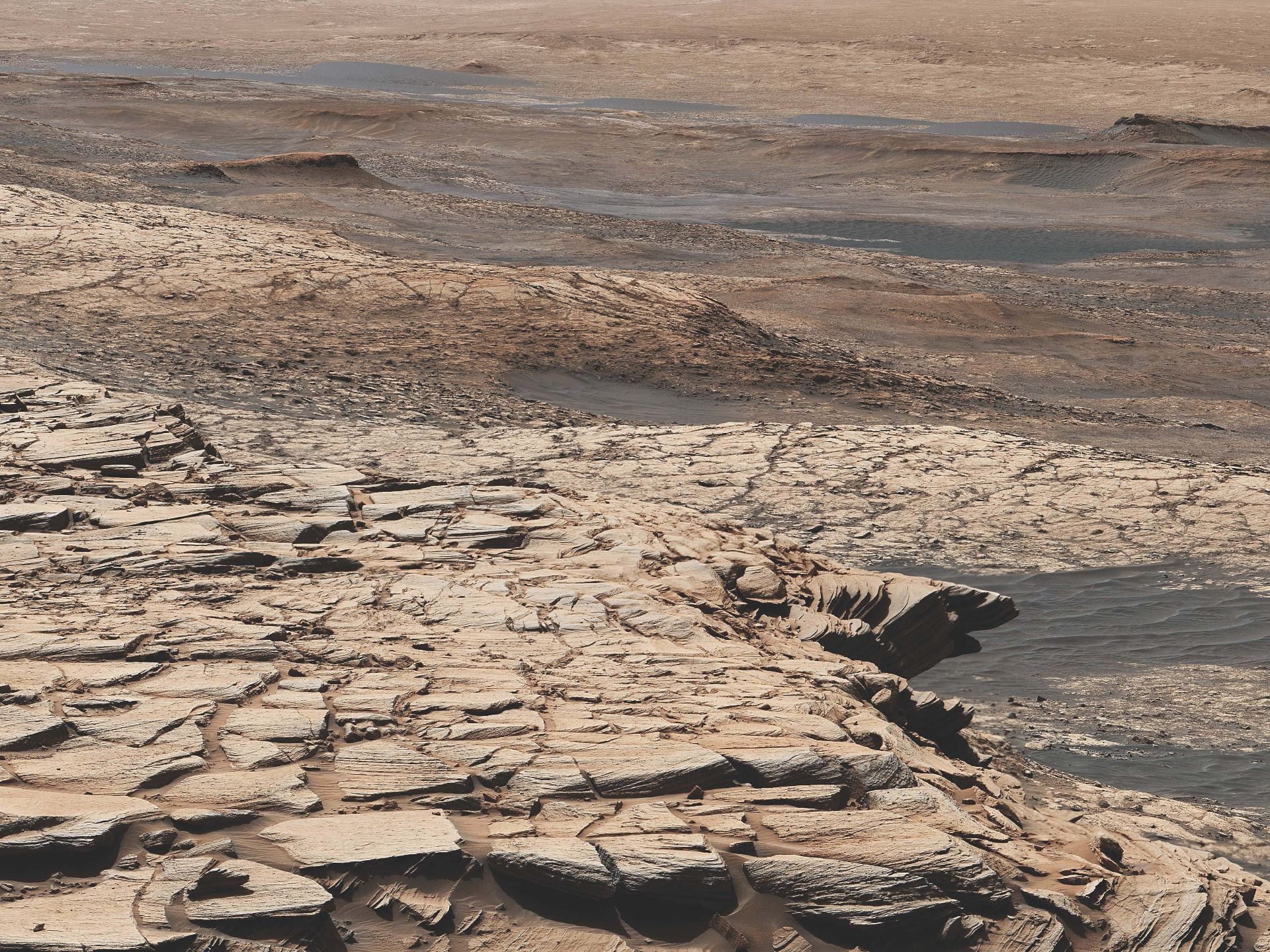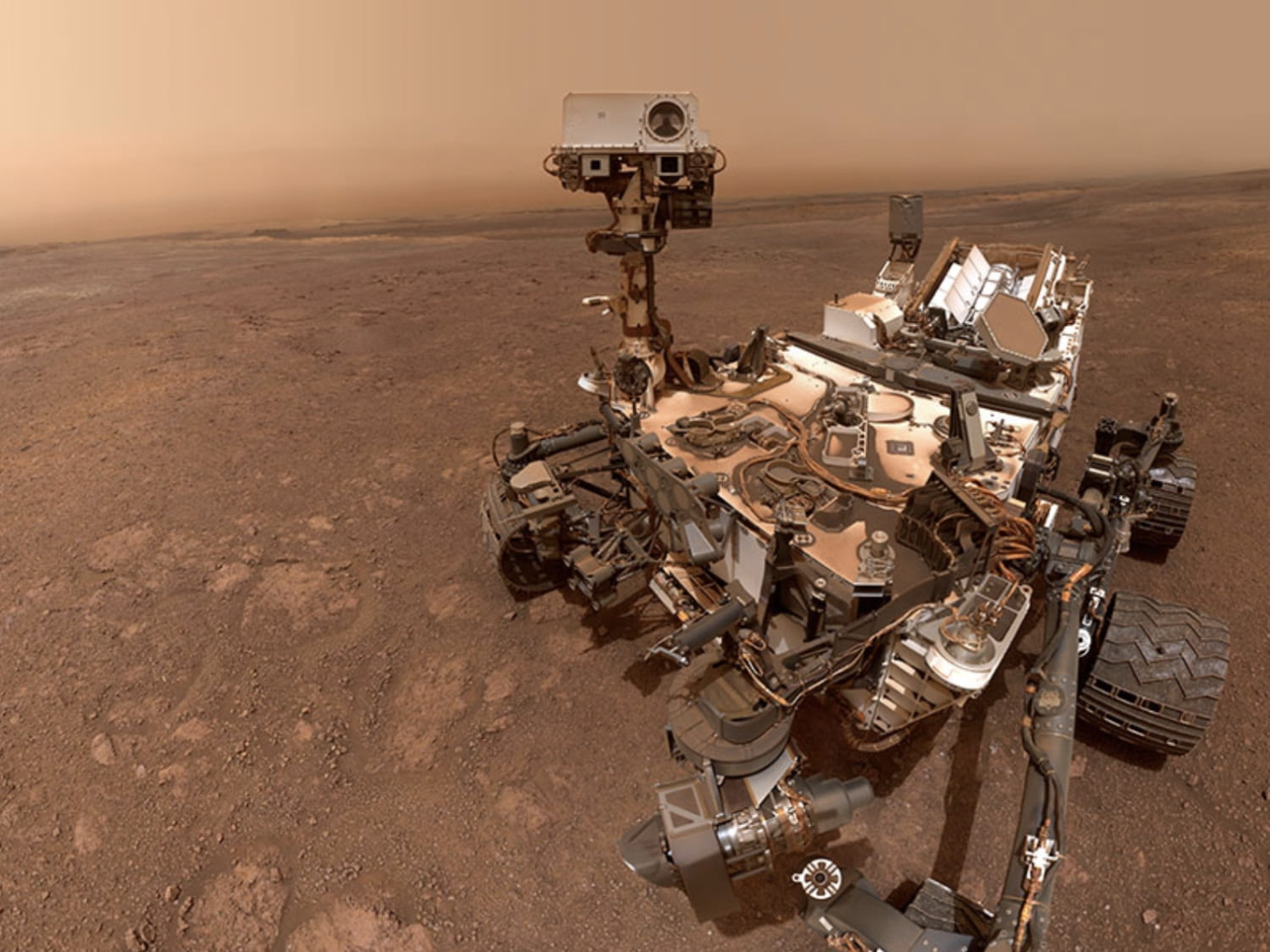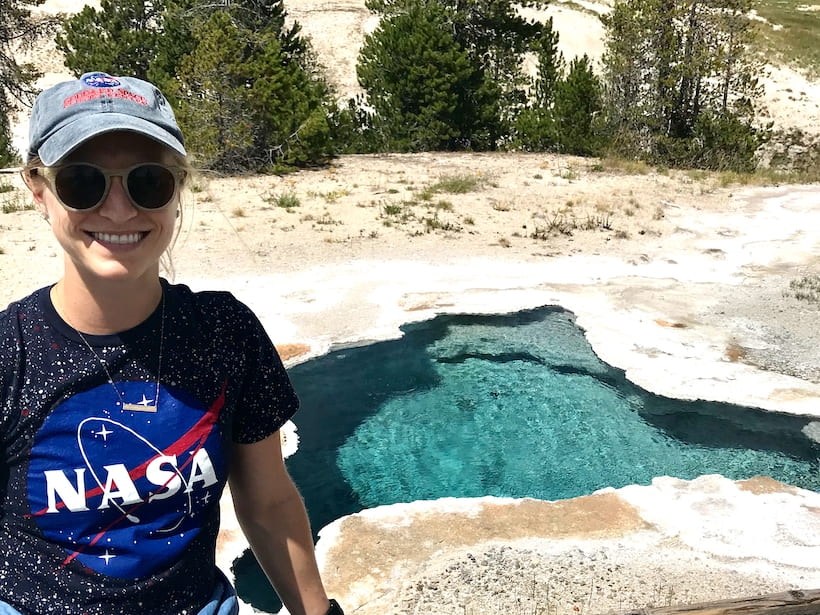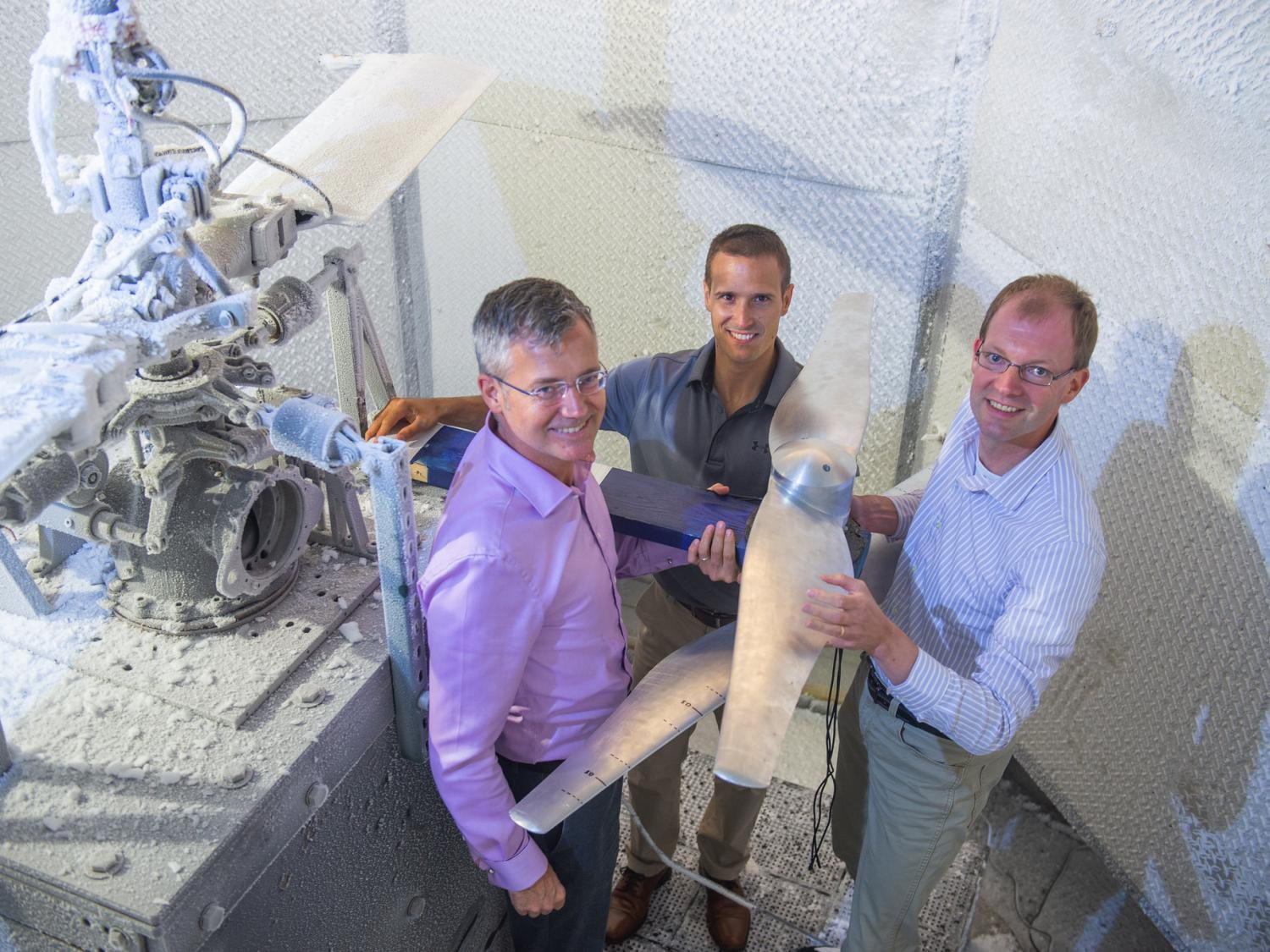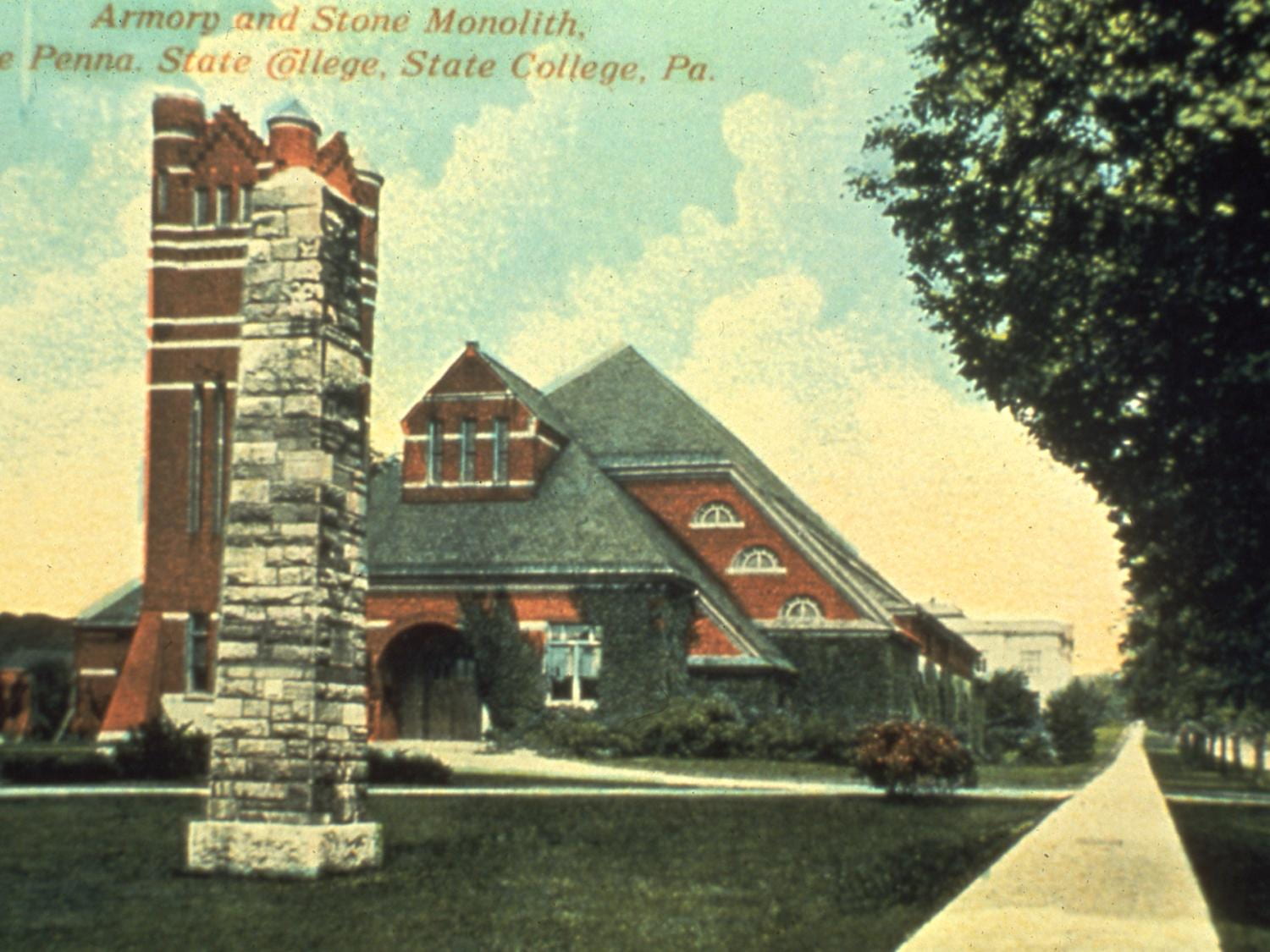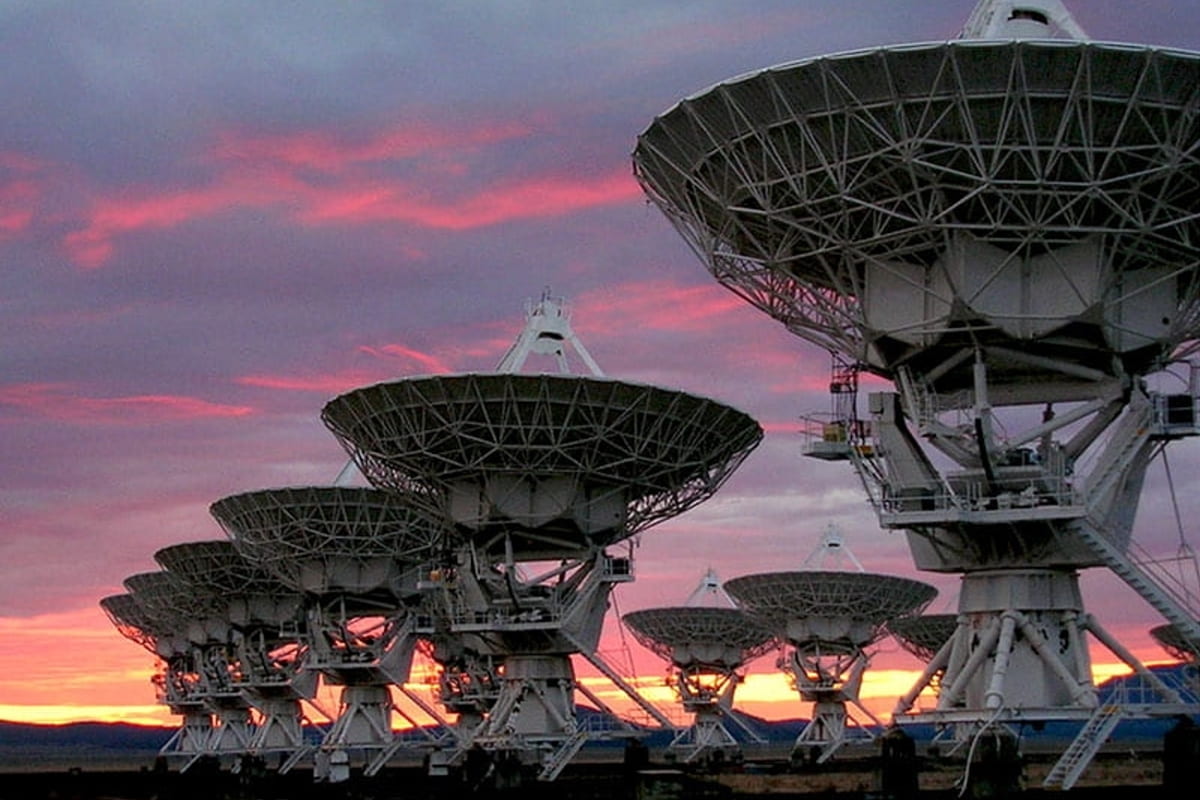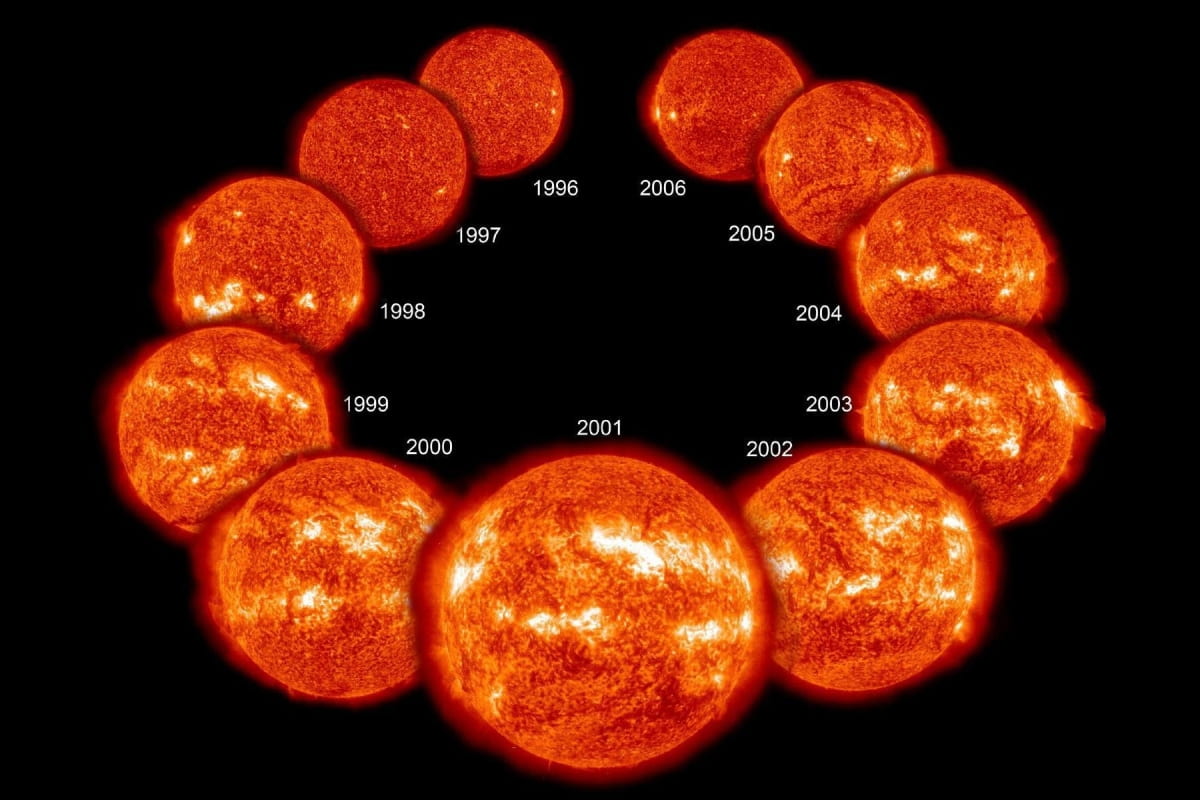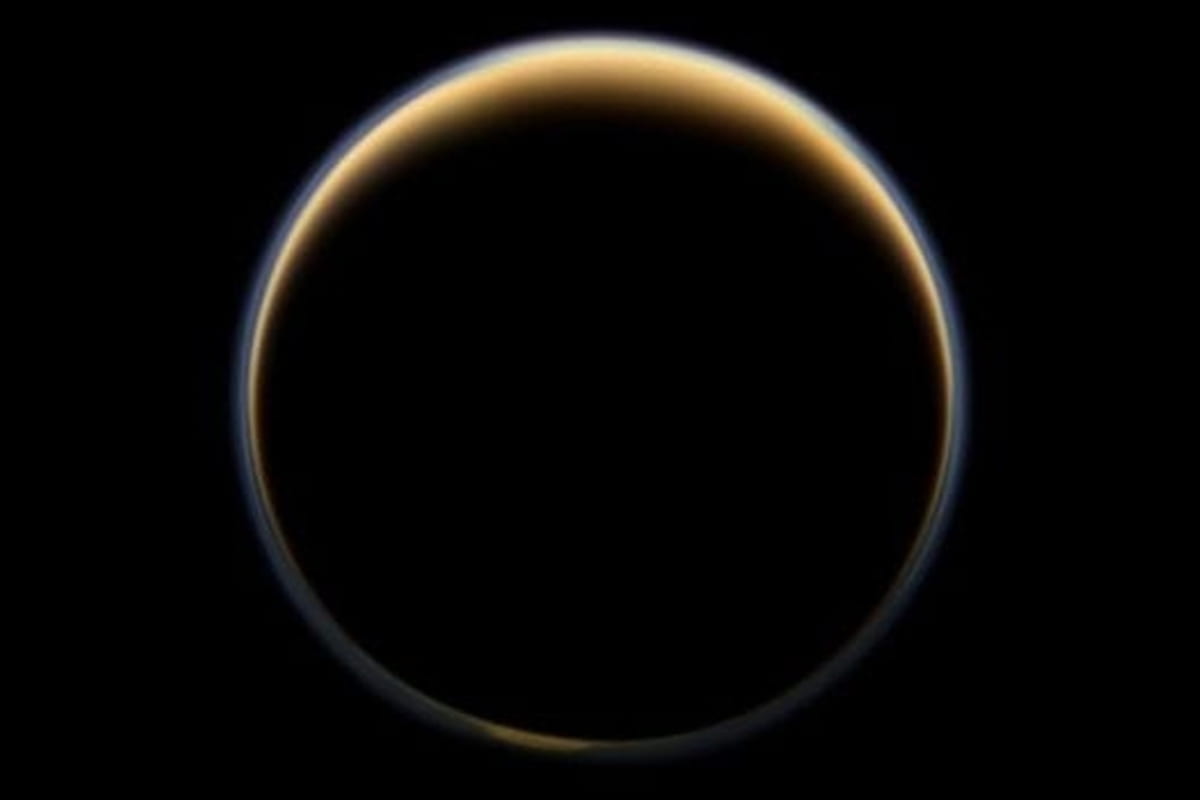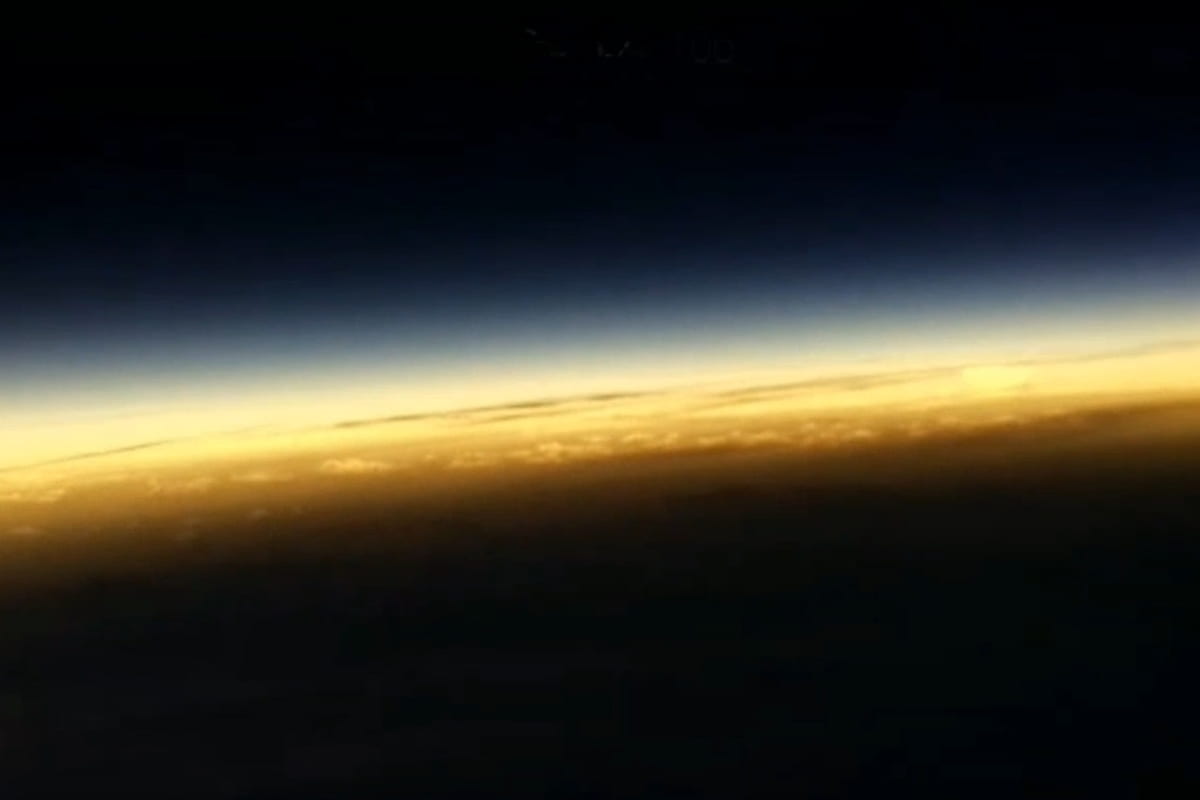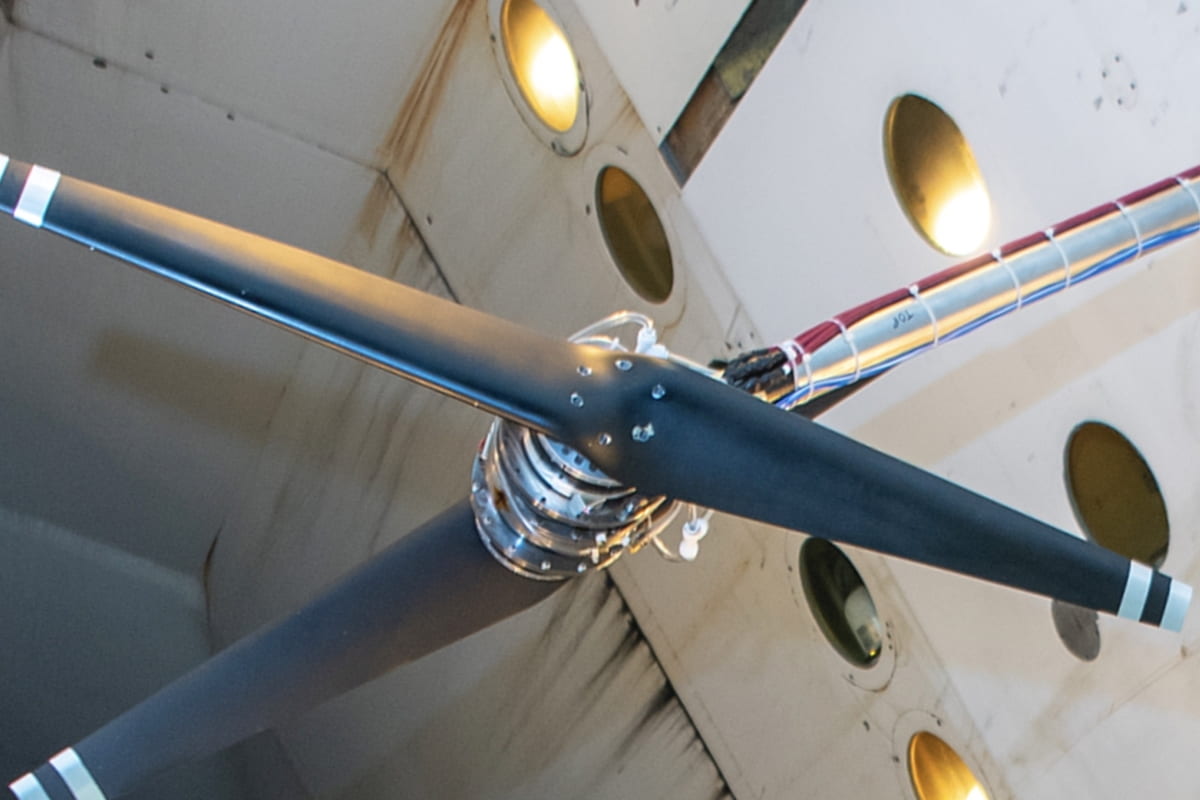Home
Founded in 2020, Penn State planetary is an initiative of the Center for Planetary and Exoplanetary Science and Technology aimed to bring together the Penn State Community in exploration of space. Through its centers, Penn State planetary promotes interdisciplinary research in the exciting and rapidly developing fields of Planetary Science, Exoplanetary Science, and Space Technology. Within Penn State planetary, there are six centers: the Astrobiology Research Center, the Center for Exoplanets and Habitable Worlds, the Center for Space Research Programs, the Pennsylvania Space Grant Consortium, the Planetary System Science Center, and the Penn State Extraterrestrial Intelligence Center. While the Center for Planetary and Exoplanetary Science and Technology is an intercollege project involving the College of Earth and Mineral Sciences, College of Engineering, and the Eberly College of Sciences, all are welcome.
PSETI
Hosted by the Eberly College of Science Department of Astronomy and Astrophysics, Penn State Extraterrestrial Intelligence Center (PSETI) focuses on the search for technosignatures, and is dedicated to advancing the search for extraterrestrial, technological life in the universe.
ARC
The Astrobiology Research Center (ARC) supports and engages astrobiologists across Penn State University and works to expand the involvement of Penn State faculty and students in astrobiology research.
CEHW
The Center for Exoplanets & Habitable Worlds (CEHW) seeks to discover planets beyond our solar system, to characterize planetary systems and their host stars, and to understand the implications of the abundance of potentially habitable planets for the possibility of life beyond Earth and the origins of our own solar system.
PSSC
The Planetary System Science Center (PSSC) seeks to enable the Penn State community to explore the solar system and expand the involvement of the Penn State community in Planetary Science missions and research.
PSGC
Being 1 of 52 members of “NASA Space Grant,” The Pennsylvania Space Grant Consortium (PSGC), supported by NASA, seeks to expand opportunities for Pennsylvanians to learn about and participate in NASA’s aeronautics and space programs by supporting STEM education, research, and outreach programs.
CSRP
The Center for Space Research Programs (CSRP) is a Penn State mission-oriented science and technology center catalyzing the conceptualization, formulation, and implementation of advanced space missions.
CPEST Director
Christopher H. House
Email: chh10@psu.edu
Phone: 814-865-8802
Contact for Questions
Tempriss K. Thomas
Email: tkt5038@psu.edu
Phone: 814-863-2650
*Here we use “planetary” with a lowercase “p” to denote all non-stellar celestial bodies both within and outside our solar system. “Planetary” with a capital “P” is sometimes used to specifically relate to the eight major planetary bodies orbiting our Sun.

